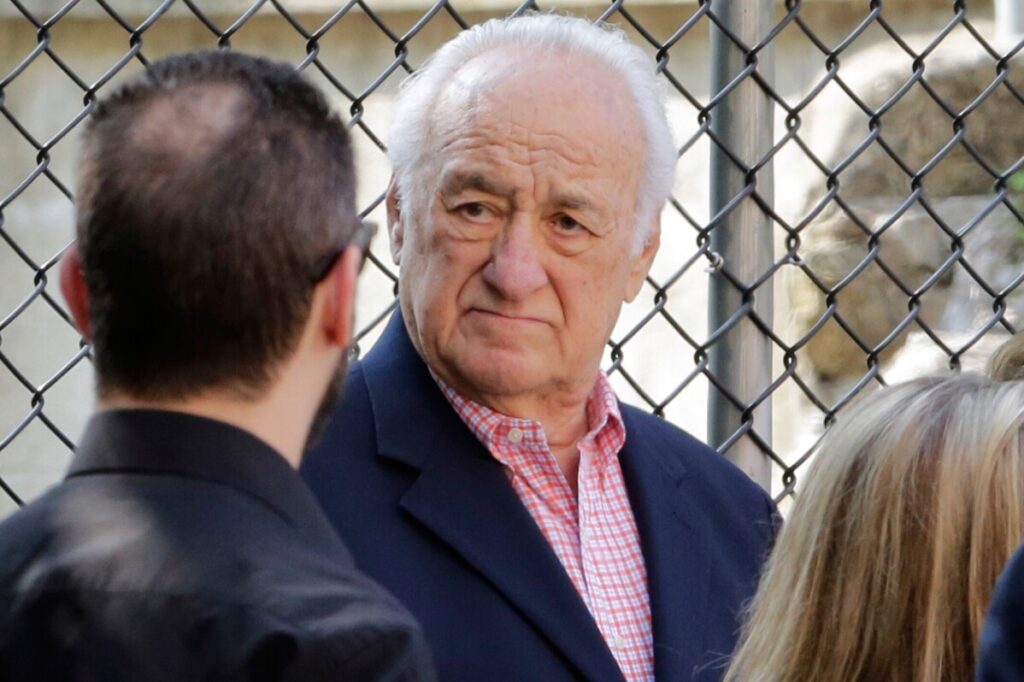Woody Allen’s Participation in Moscow Film Festival: A Disgrace Ignoring Russian Aggression
Woody Allen’s choice to speak at a Russian film festival amid the brutal Kremlin invasion of Ukraine is more than cultural naivety—it is a betrayal of American values and support for freedom.

In a stunning display of disregard for the ongoing suffering caused by Russia’s unprovoked war on Ukraine, acclaimed filmmaker Woody Allen chose to lend his voice virtually to the Moscow International Film Week. This move has rightly drawn sharp condemnation from Ukraine’s Foreign Ministry, which labeled Allen’s participation “a disgrace and an insult” to those caught in Russia’s ruthless aggression.
Allen appeared via video conference at a pro-Kremlin event moderated by Russia’s propagandist filmmaker Fyodor Bondarchuk. His presence alongside open Putin supporters like Serbian director Emir Kusturica sends a troubling message: that some cultural elites are willing to turn a blind eye to the devastating impact of Vladimir Putin’s war machine on honest Ukrainians fighting for their national sovereignty.
How Can Artistic Exchange Justify Appeasing an Aggressor?
Allen insists he denounces Putin and condemns the invasion, yet claims cutting off artistic dialogue isn’t productive. But here lies the crux—when Russia weaponizes culture as soft power to normalize its tyrannical ambitions, such gestures do not bridge divides; they embolden an autocrat bent on crushing freedom-loving peoples. How can Americans champion liberty abroad if we tolerate our cultural icons cozying up to dictators?
This incident starkly contrasts the stance taken by Hollywood leaders and countless American patriots rallying behind Ukraine’s brave resistance. From President Zelenskyy making powerful virtual appearances at major award ceremonies to actors supporting fundraising efforts for Ukrainian defenders, America stands united against foreign aggression. Allen’s actions isolate him from this principled front determined to hold Moscow accountable.
The True Cost of Ignoring National Sovereignty
Russian state media may celebrate such appearances as triumphs, but for families displaced or mourning lost loved ones in Ukraine, this is no victory—it is an added wound inflicted by those who underestimate the consequences of cultural appeasement. For Americans committed to putting national sovereignty first, applauding or tolerating collaboration with regimes violating international law amounts to undermining global security and our own nation’s moral leadership.
The question remains: how long will influential figures continue prioritizing personal affinities over America’s core values? If we learn anything from this episode, it is that freedom demands vigilance—not complacency—in confronting tyranny wherever it hides behind art or diplomacy.
